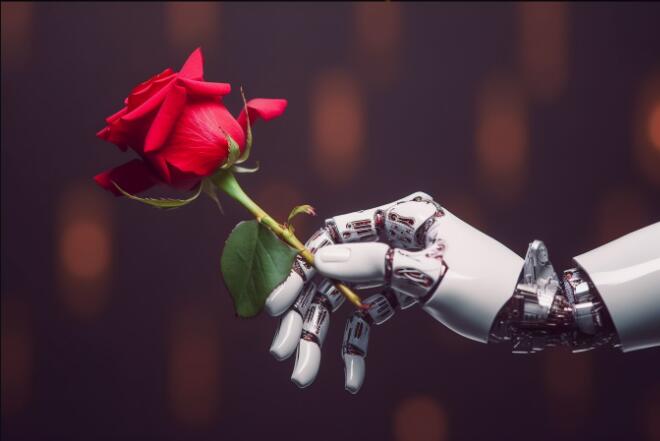60% of Singles Say AI Companions Aren't Cheating, Study Finds
Artificial intelligence is transforming romantic relationships in unexpected ways, according to a groundbreaking study by dating giant Match Group. Their latest research shows AI companions gaining significant traction among singles, challenging traditional notions of love and fidelity.

The report reveals that 16% of surveyed singles have considered AI-powered robots as legitimate romantic partners. Even more striking: 60% believe maintaining an AI girlfriend or boyfriend doesn't constitute cheating on a human partner. These findings suggest a seismic shift in how technology intersects with emotional needs.
"What we're seeing is the emergence of AI as a viable alternative for emotional fulfillment," explains Dr. Sarah Chen, a relationship psychologist who reviewed the findings. "In our fast-paced, often isolating world, people are turning to algorithms for companionship that feels safer and more reliable than human interaction."
The study highlights several advantages driving this trend:
- 24/7 availability without human limitations
- Personalized emotional responses through machine learning
- Conflict-free interactions compared to complex human relationships
Apps like Replika demonstrate this phenomenon in action. Using advanced natural language processing, these platforms create conversational partners that adapt to users' emotional states. Some therapists report these tools helping reduce loneliness and even suicidal ideation among isolated individuals.
However, experts voice concerns about potential downsides:
- Increased social isolation from reduced human contact
- Privacy risks from intimate data collection
- Ethical questions about emotional manipulation
"We're entering uncharted territory," warns tech ethicist Mark Williams. "When an algorithm can simulate love so convincingly, we need serious discussions about boundaries and regulations."
The Match Group study has sparked intense debate about the future of intimacy. Will future generations view human-AI relationships as normal? How might this affect birth rates and social structures? As these technologies advance faster than our ability to understand their implications, society faces urgent questions about balancing technological convenience with authentic human connection.
Key Points
- 16% of singles consider AI companions as romantic partners
- 60% don't view AI relationships as cheating on human partners
- AI offers perceived advantages like constant availability and conflict-free interaction
- Experts warn about potential social isolation and ethical concerns
- The findings spark debate about technology's role in future relationships